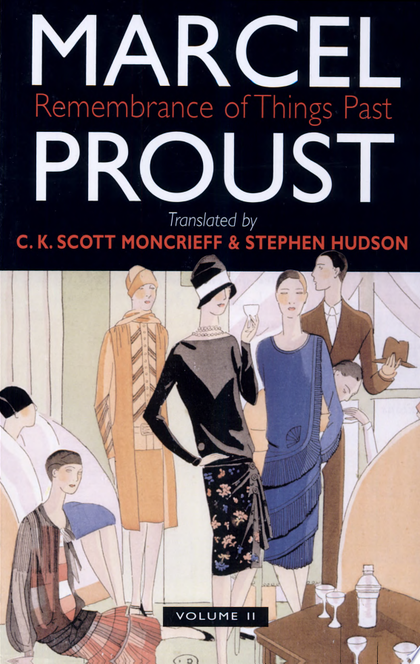Remembrance of Things Past
Updated:
7 Sep 2020
Translated from the French by C.K. Scott Moncrieff. With an Introduction by Ingrid Wassenaar. Marcel Proust (1871-1922) spent the last fourteen years of his life writing 'A la recherche du temps perdu'. It is an intimate epic, an excavation of the self and a comedy of manners by turns and all at once. Proust is the twentieth century Dante, presenting us with a unique, unsettling picture of ourselves as jealous lovers and unmitigated snobs, frittering our lives away, with only the hope of ar and a possible salvation. He offers us a form of redemption for a sober and secular age. Scott Moncrieff's delightful translation was for many years the only access to Proust in English. A labour of love that took him nearly as many years as Proust spent writing the original, Moncrieff's translation strives to capture the extraordinary blend of muscular analysis with poetic reverie that typifies Proust's style. It remains a justly famous classic of translation. Originally published in seven parts, Wordsworth Editions are unique in offering the complete work in two volumes. Please note, this book is in Crown Quarto format, and therefore has a higher price than the rest of the World Literature series at $29.95 AUTHOR: Marcel Proust (1871-1922) is generally considered the greatest French novelist of the twentieth century. His reputation derives almost exclusively from the importance of his multi-volume novel 'Remembrance of Things Past'. His novel is founded on his powers of meticulous recollection and his ability to shape those memories into an account of one man's search for his past.




